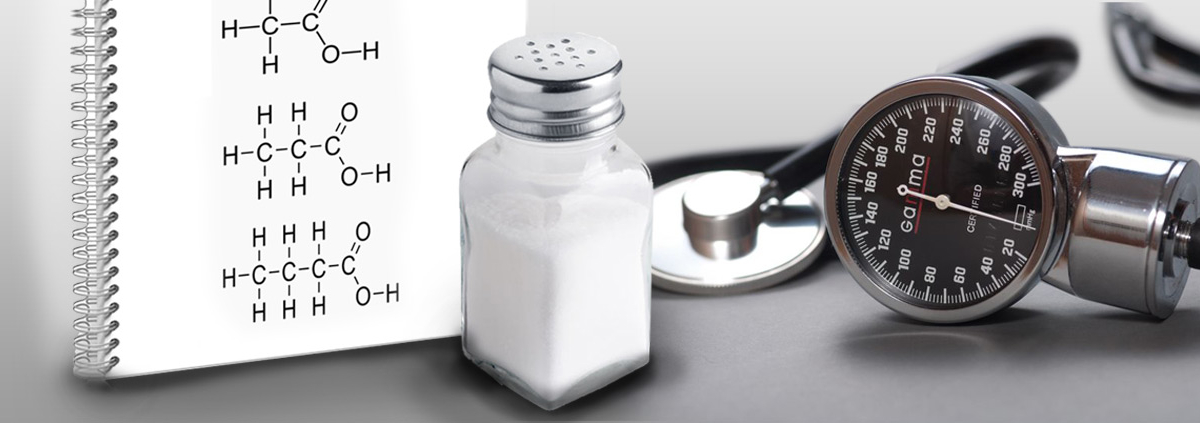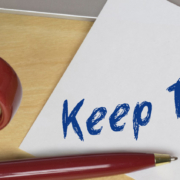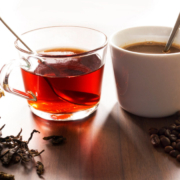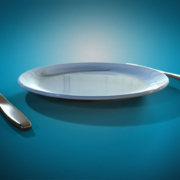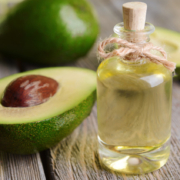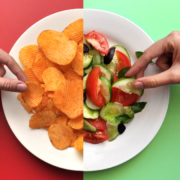SFCA, Sodium Intake, and High Blood Pressure
Researchers in the United Kingdom recruited people with elevated systolic and diastolic blood pressure for a randomized, placebo-controlled, crossover study on diet and blood pressure. The scientists put all 145 subjects on a low-sodium diet for six weeks. Half the subjects was given a placebo while the other half was given a slow-release sodium supplement. After six weeks, the subjects were crossed over to the other group for another six weeks. The objective was to see if sodium intake impacted the microbiome and short-chain fatty acids (SCFA) production to reduce blood pressure.
In a perfect world, researchers would take stool samples under all conditions to test for changes in microbe content, but that approach is expensive and time-consuming. Instead they chose to monitor changes in SCFA because they’ve been associated with blood pressure.
Researchers found that while taking the placebo, subjects on the low-sodium diet saw all SCFA increase; 2-methylbutyrate, butyrate, hexanoate, isobutyrate, and valerate were significantly increased. The increases in SCFA were associated with reductions in blood pressure and arterial-wall stretchability.
What does it mean? We’ve known for decades that sodium plays a role in blood pressure. This study demonstrated that sodium reduction directly increased the production of SCFA, which then lowered blood pressure. What we don’t know is the specific beneficial microbes affected or exactly how sodium negatively impacts them. Research continues and I’m sure we’ll find that out eventually.
The Bottom Line
On the other hand, it may not be necessary to find out. Scientists like me always want to know the specific bacteria and the mechanism by how it works. We know that fluid retention is involved somewhere. But we already know that if we reduce sodium, we’ll positively impact our blood pressure. We also know that fiber is the essential food for these SCFA-producing bacteria in our microbiome. If we focus on a more fiber-rich diet as well as take a fiber supplement, we may be able to increase our odds of reducing blood pressure without medication. If we need the meds, we take them, but if we can do it by feeding our microbiome, that’s even better.
What are you prepared to do today?
Dr. Chet
References:
1. Hypertension. 2020;76:73–79.
2. Benoit Chassaing, Andrew T. Gewirtz, in Physiology of the Gastrointestinal Tract (Sixth Edition), 2018.

